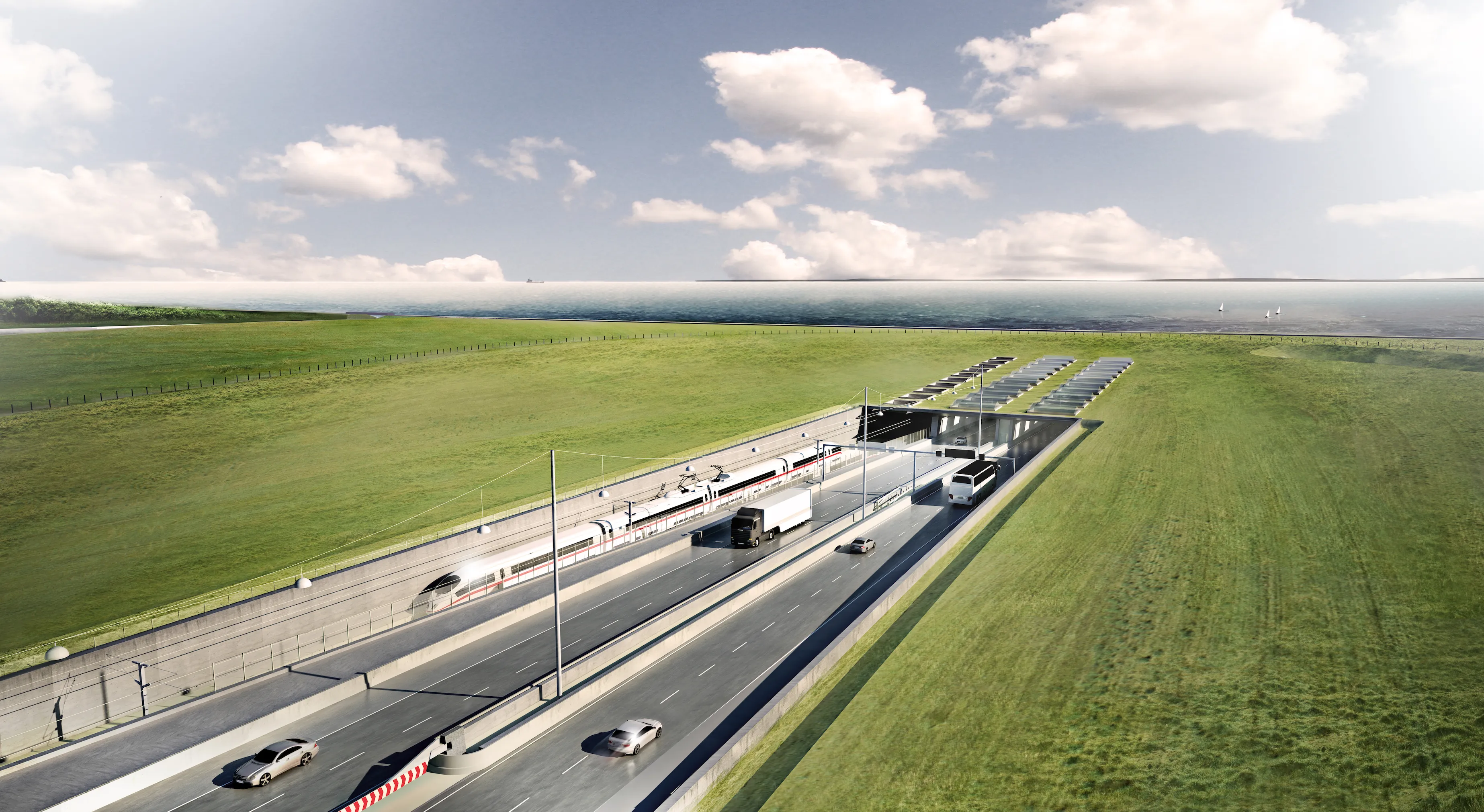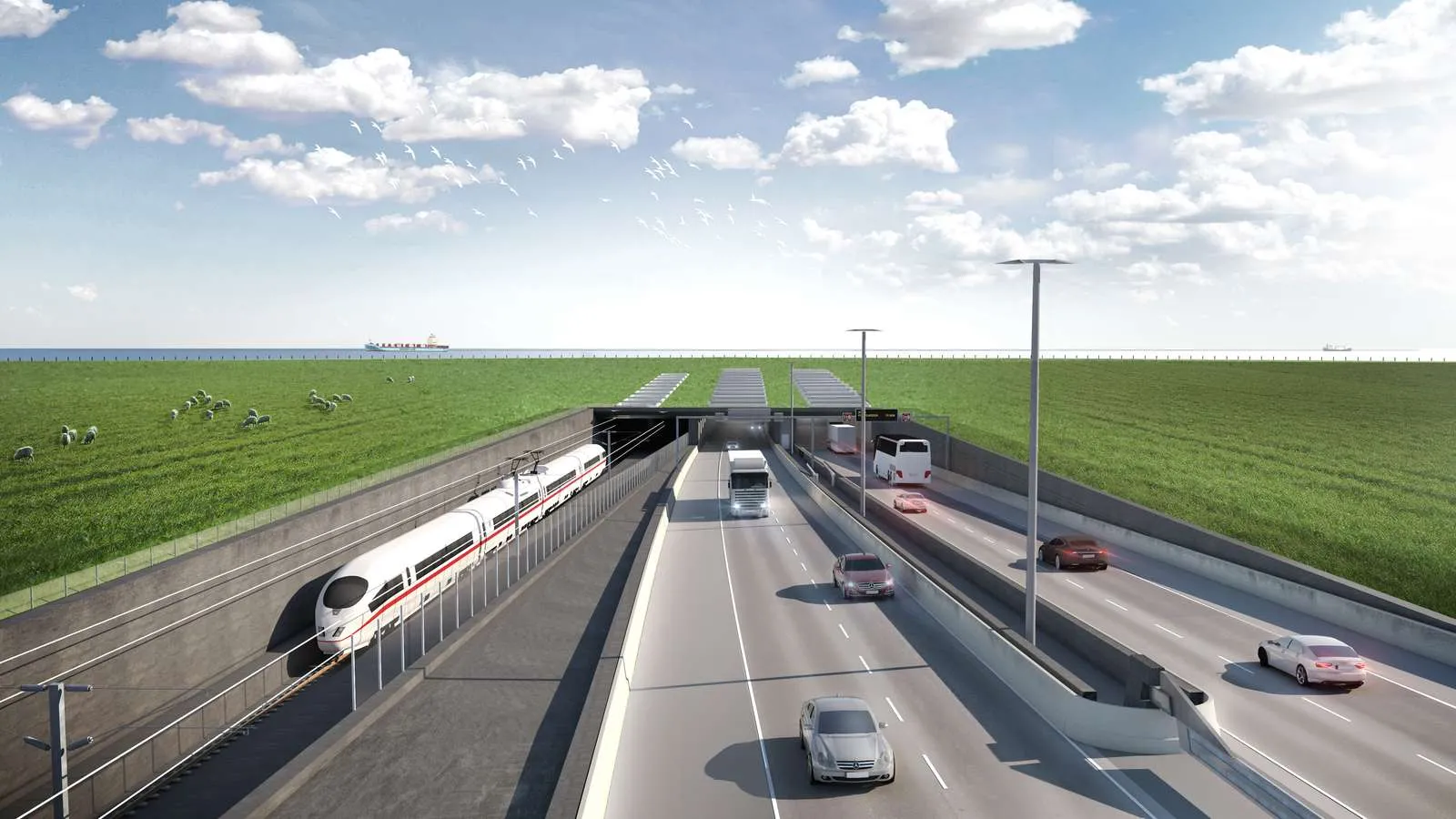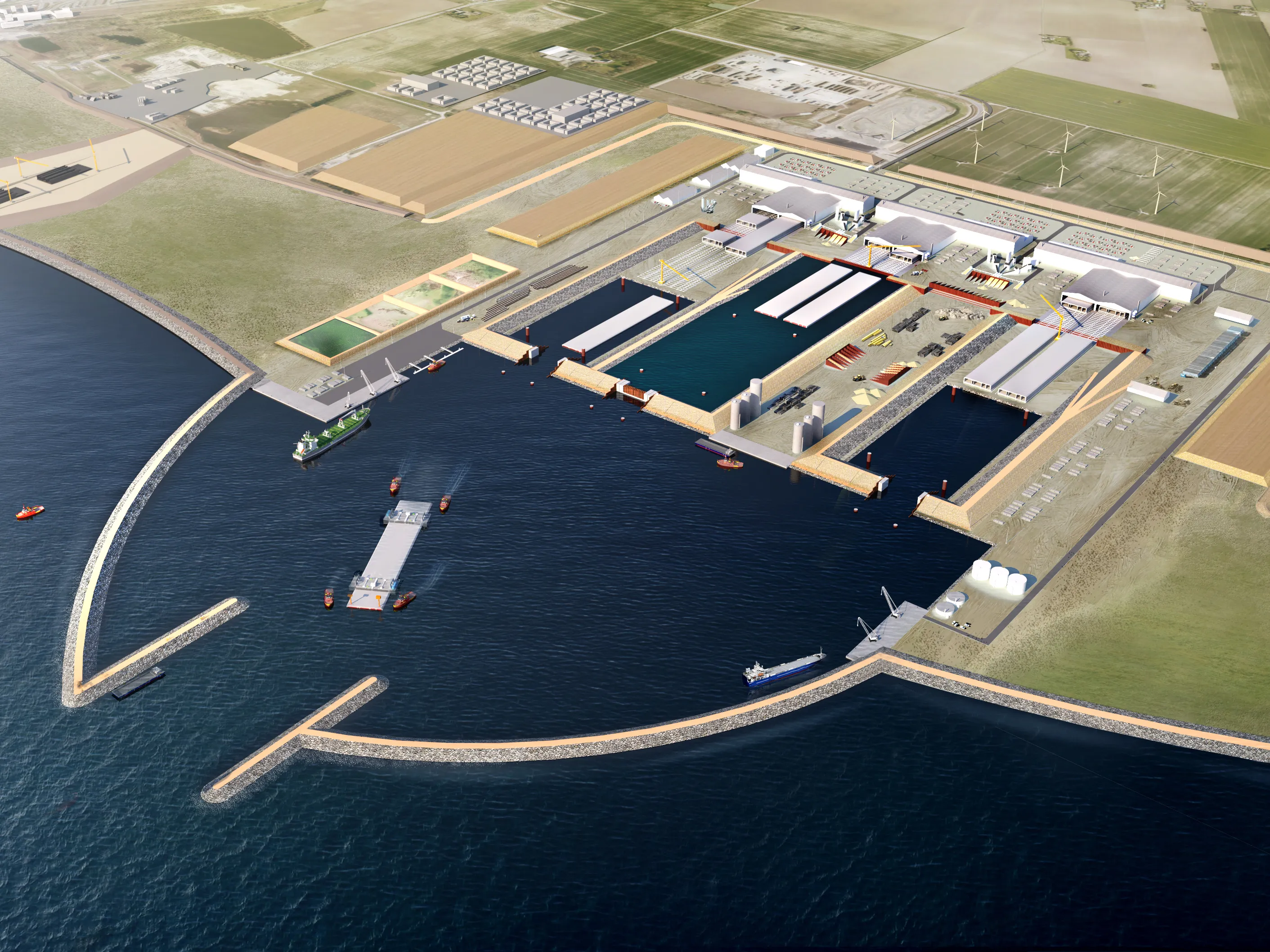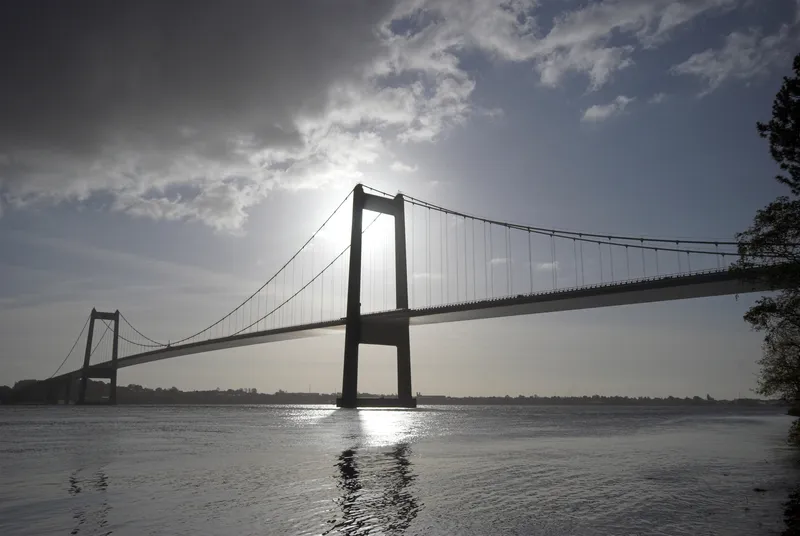
Construction of a Fehmarn Belt Link could start a year from now – more than a year ahead of schedule, according to Danish media reports.
The timing was put forward by Holger Schou Rasmussen, chairman of Femernbælt Development, and Kristian Pihl Lorenzen, the Liberal Party spokesman for traffic issues.
They reportedly said that a pending environmental court case in Germany that has stalled approval by German authorities won’t hold up construction of the 18km crossing as much as had been feared.
As late as last November, the Danish state planning and operating company
Denmark has already given the green light to the road-rail project.
The Fehmarn Belt is a strait between the German island of Fehmarn and the Danish island of Lolland. Currently, a ferry connects the two islands. Final planning approval is expected in 2018 with project completion by 2028. But the approval process has been bogged down over environmental issues being considered by the German state of Schleswig-Holstein in which the southern end of 18km immersed tunnel will surface.
On top of the €7 billion construction cost for the tunnel, financing for another €1 billion is in place should it be needed for unexpected problems and delays. Denmark is completely responsible for financing the project that will replace a ferry service.
A Rambøll-Arup-TEC consultancy joint venture is engaged in a client consultancy services contract with Femern. The joint venture has also worked on other landmark infrastructure projects, including the Øresund Tunnel in Denmark, the City Tunnel in Malmö, Sweden, the Medway Tunnel in England, as well as underground rail systems in Amsterdam and Copenhagen.








